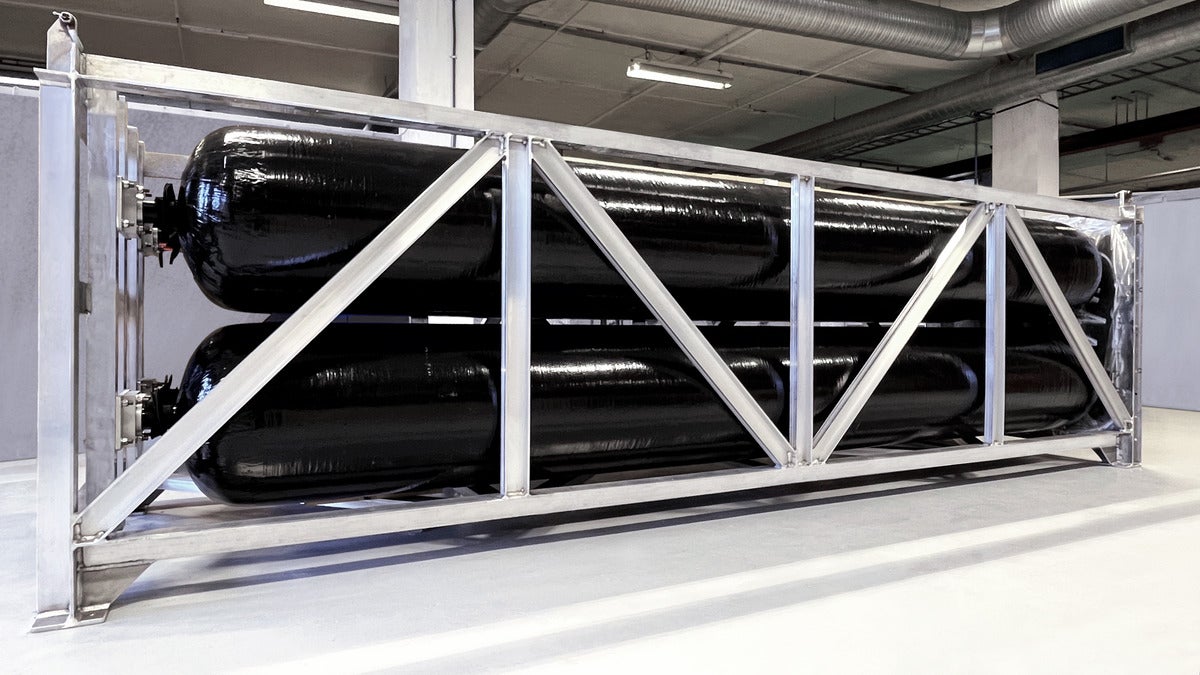Navigating the Waves of Change: Leveraging Hydrogen for Sustainable Maritime Transport
Key Ideas
- Hydrogen emerges as a promising solution for decarbonising the maritime sector, targeting a significant reduction in global greenhouse gas emissions from shipping.
- Hydrogen fuel is particularly well-suited for short-sea shipping, ferries, and service vessels with predictable routes, offering scalability and reliability in reducing environmental footprints.
- Pioneering projects like the hydrogen-powered Sea Change ferry in San Francisco and initiatives in Norway showcase the practicality and advantages of hydrogen in maritime operations.
- Government policies, such as the Inflation Reduction Act in the US and the EU Hydrogen Bank, are driving cost reductions and promoting the production and distribution of green hydrogen to support widespread adoption in the industry.
The maritime sector is increasingly turning to hydrogen as a key solution to decarbonize and achieve more sustainable transport operations. With the International Maritime Organization (IMO) setting ambitious net-zero emissions targets for 2050, the prospects for hydrogen technology in maritime applications are growing brighter. Hydrogen is being recognized as an effective complement to batteries, particularly for vessels like ferries and workboats that operate on consistent routes and can benefit from the concentration of hydrogen refueling infrastructure. The use of hydrogen in fuel cells offers a clean energy alternative with minimal greenhouse gas emissions, especially when generated from renewable sources. Additionally, hydrogen fuel cells contribute to reduced noise and air pollution, enhancing environmental sustainability in marine ecosystems.
Pioneering projects like the hydrogen-powered Sea Change ferry in San Francisco and initiatives in Norway, such as Norled's MF Hydra ferry and Moen Marin's workboats, are leading the way in demonstrating the feasibility and advantages of hydrogen in maritime operations. These successful projects are attracting investments and sparking interest among ship owners globally.
While the cost of green hydrogen remains higher than traditional fossil fuels, government policies are stepping in to drive cost reductions and incentivize the production and distribution of green hydrogen. Initiatives like the Inflation Reduction Act in the US and the EU Hydrogen Bank are working towards making hydrogen more economically viable, aiming to accelerate its adoption in the maritime industry. The future of hydrogen in maritime transport looks promising, with ongoing advancements and policy support paving the way for a more sustainable and environmentally friendly shipping sector.
Topics
Utilities
Maritime
Renewable Energy
Decarbonisation
Environmental Sustainability
Shipping Industry
Policy Support
Fuel Technology
Economic Shifts
Latest News
